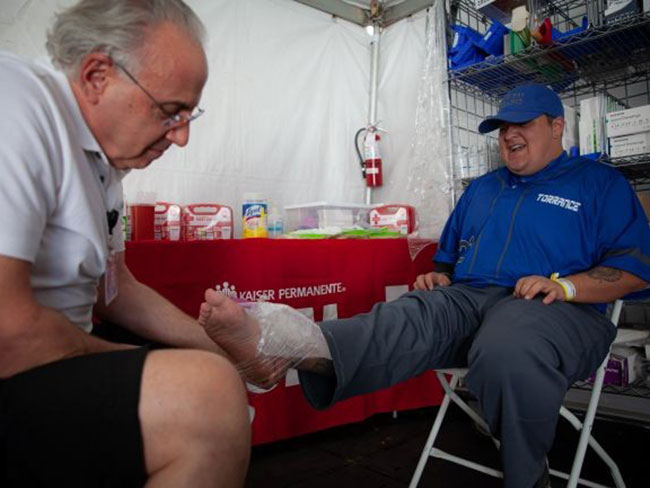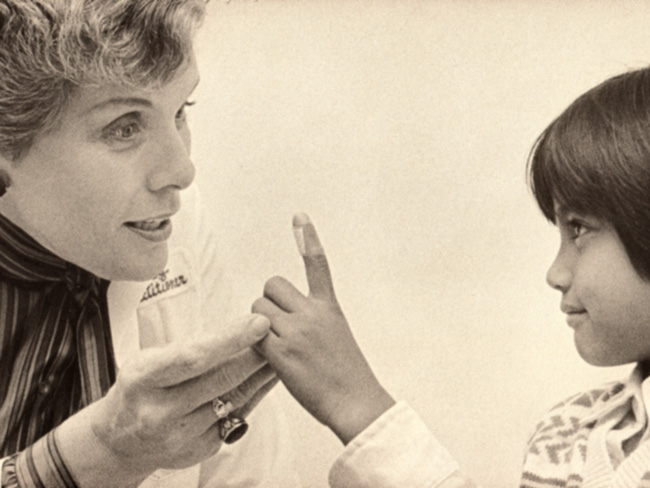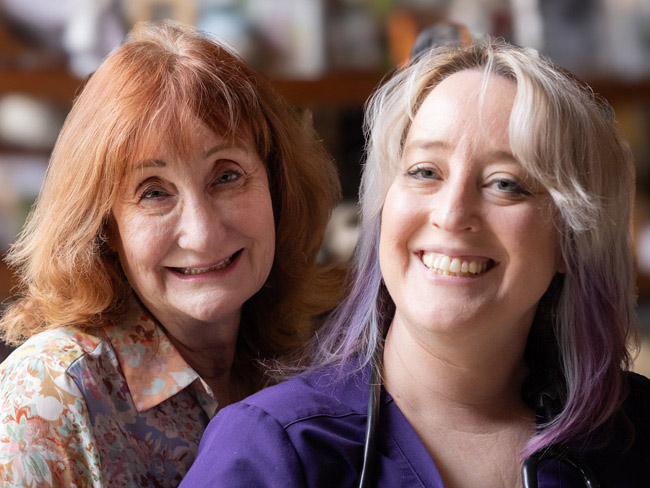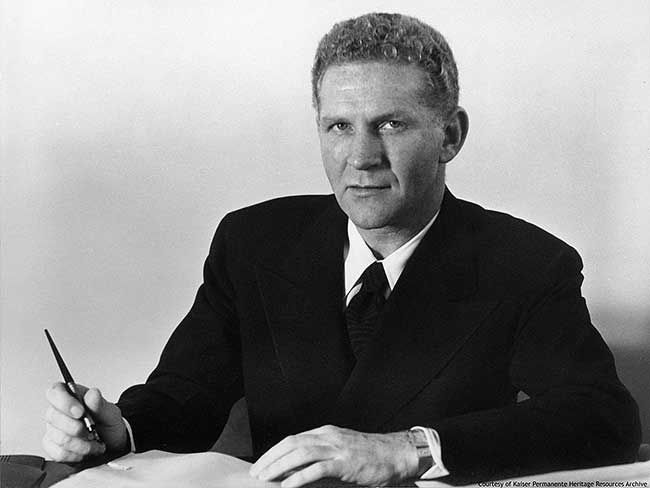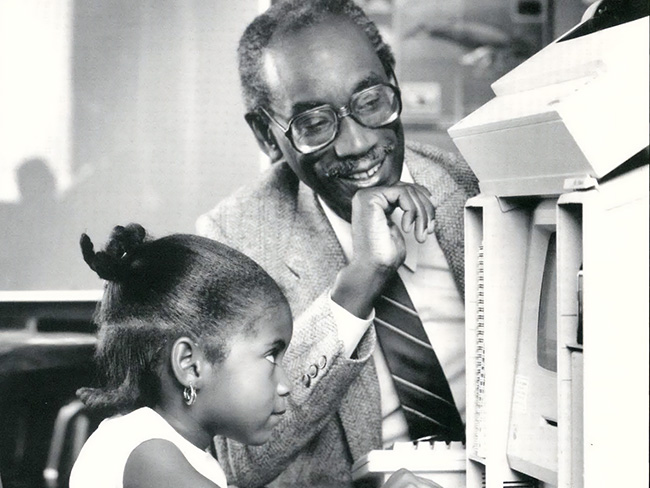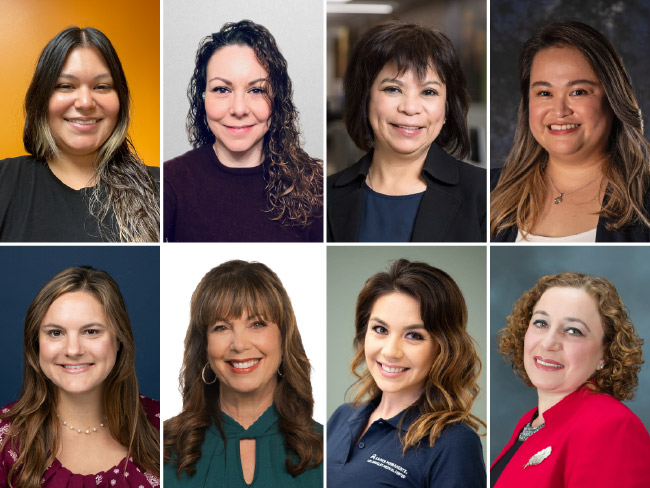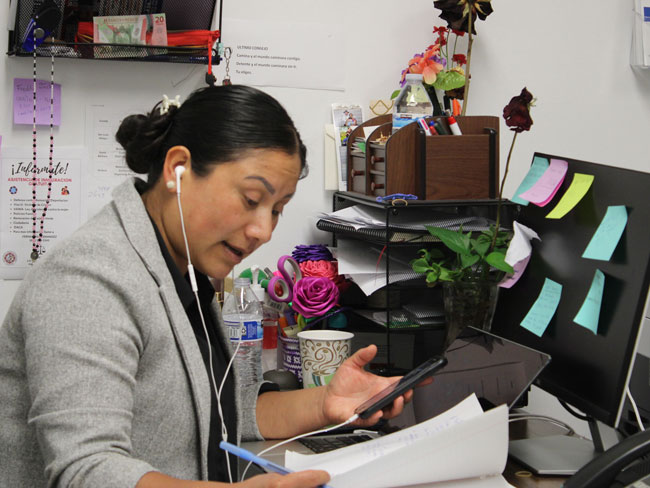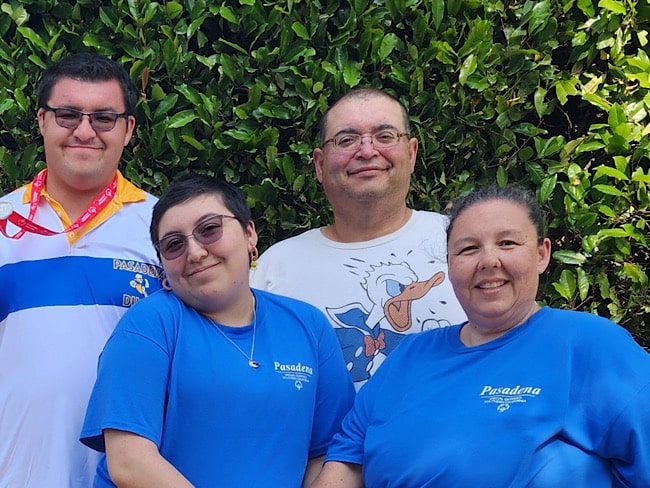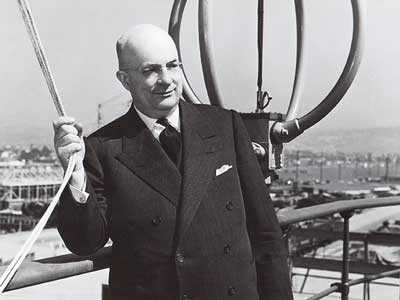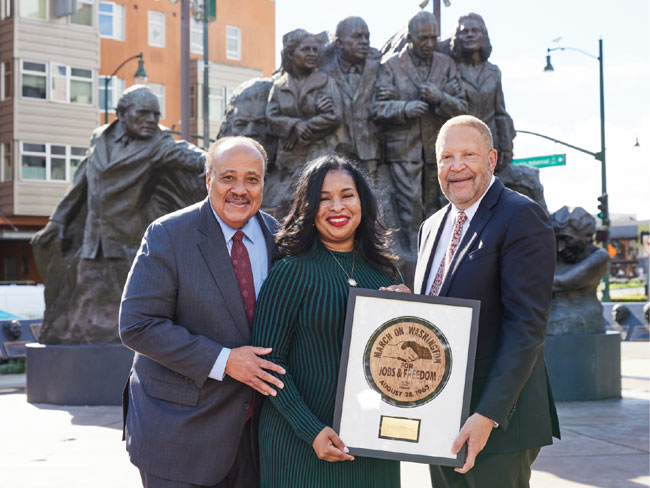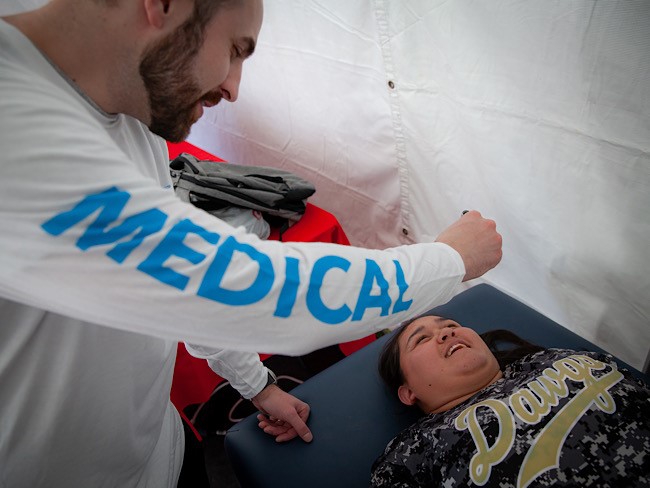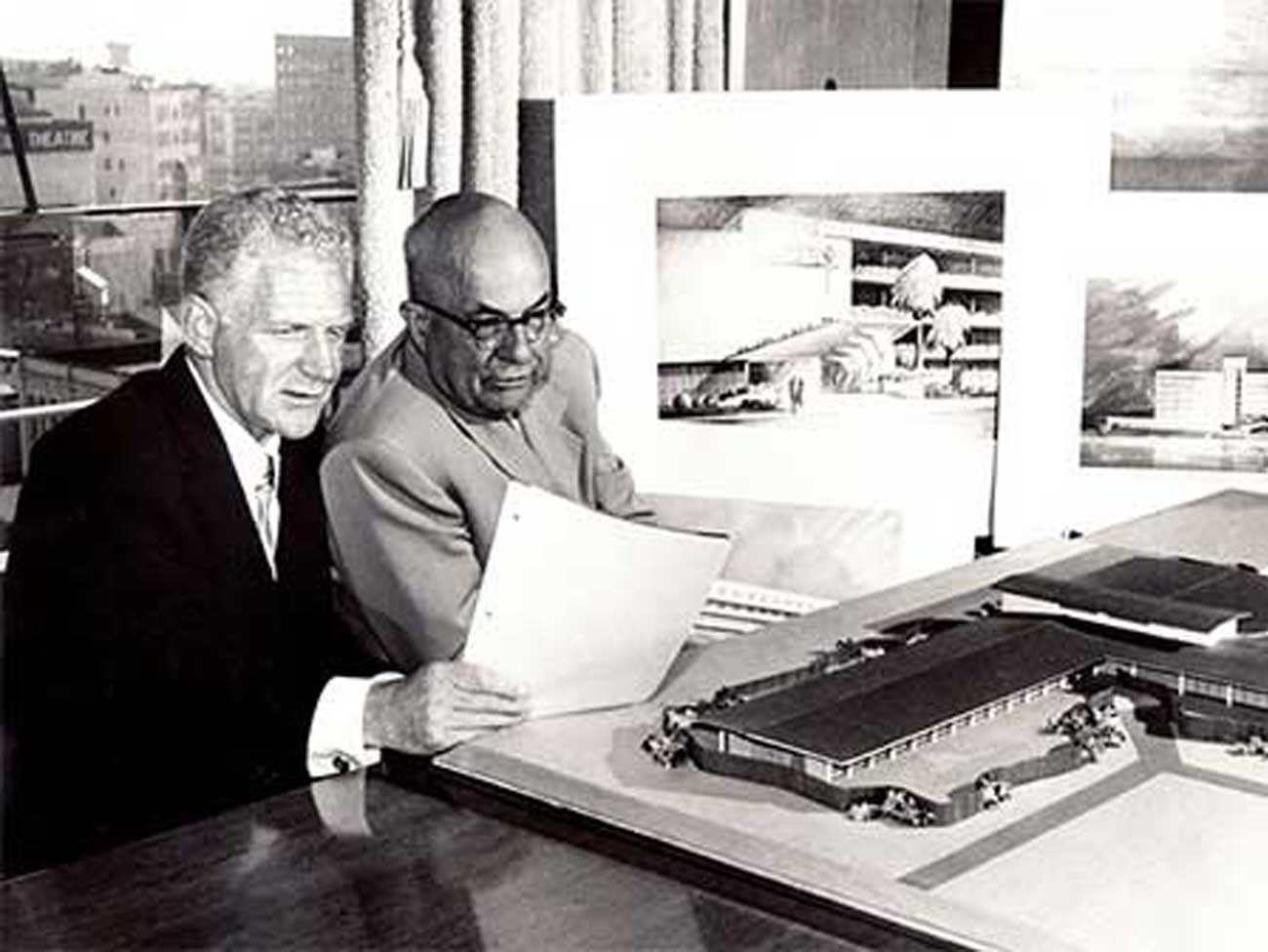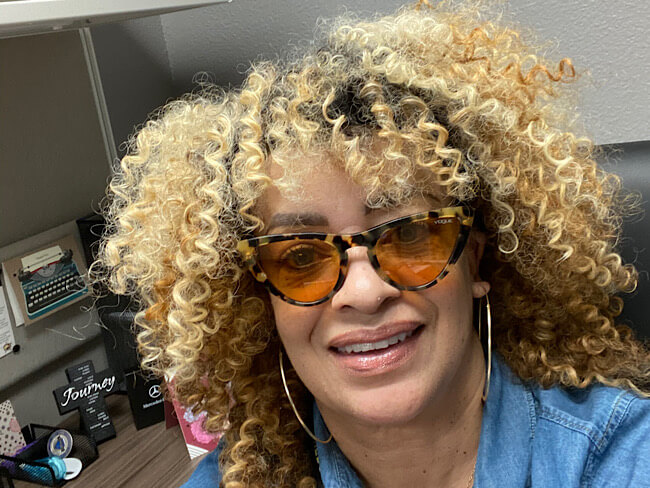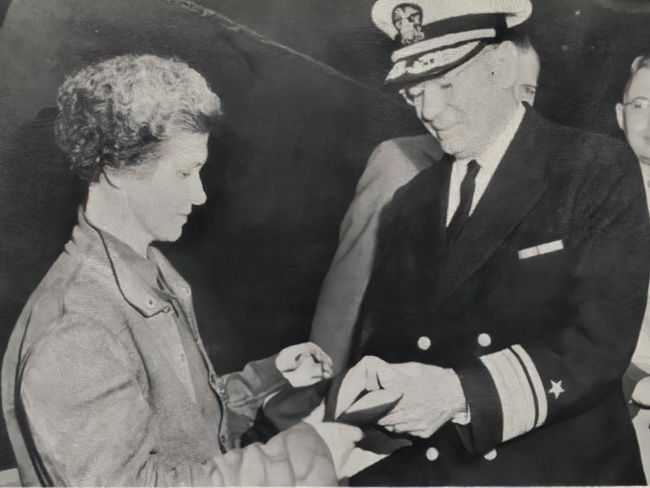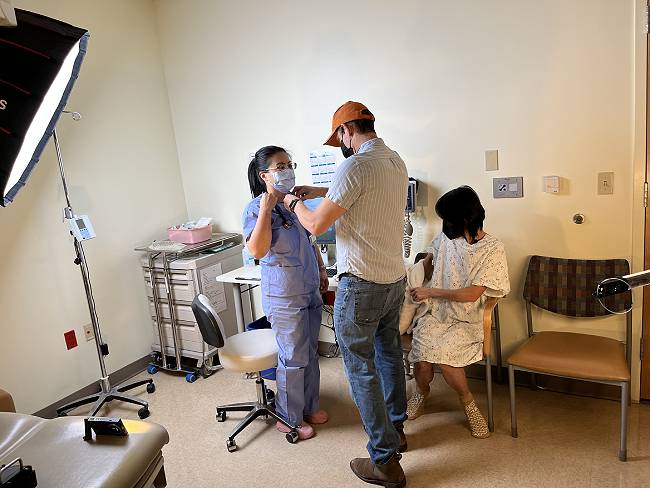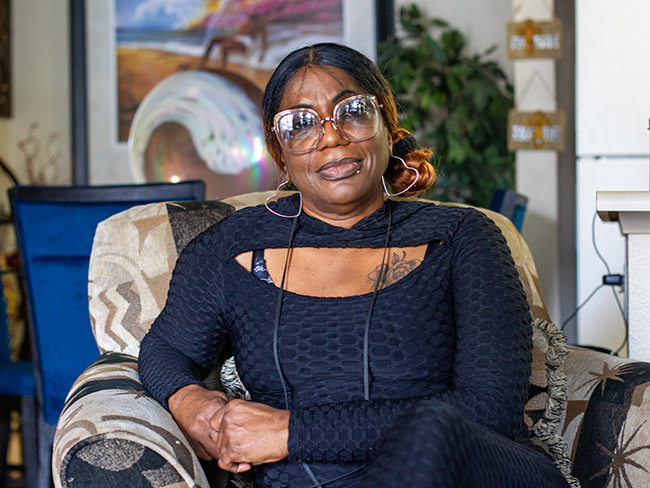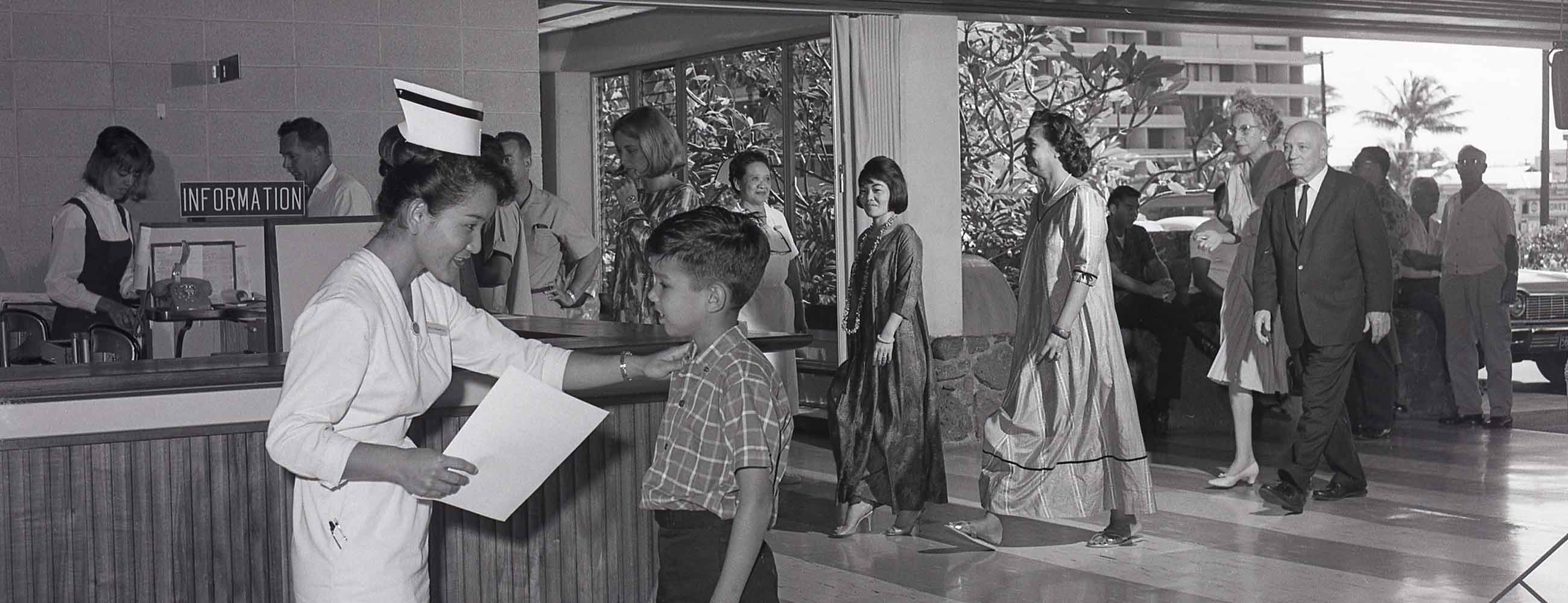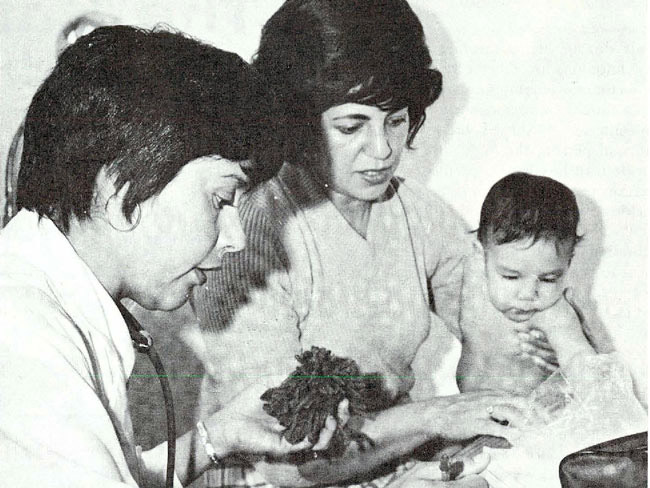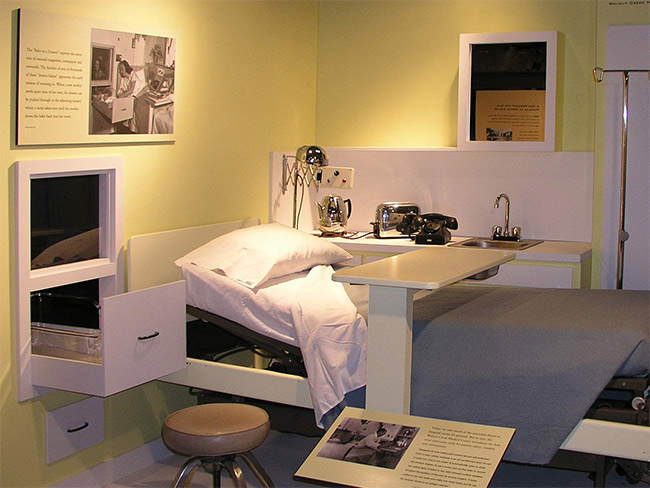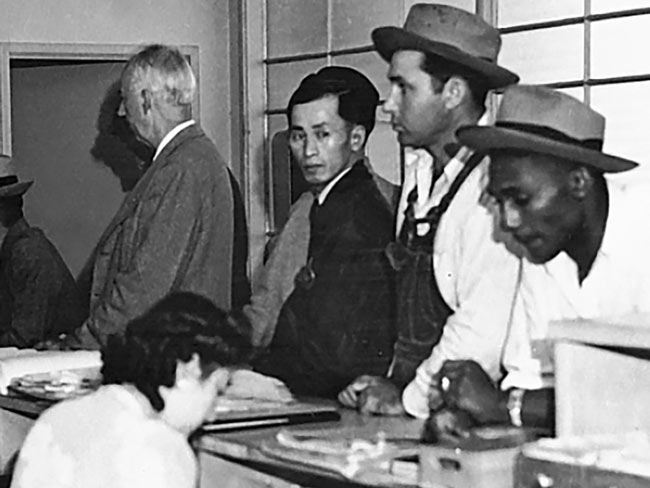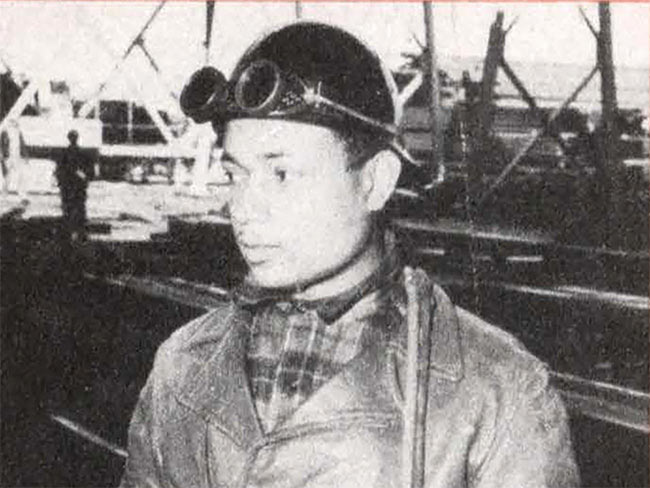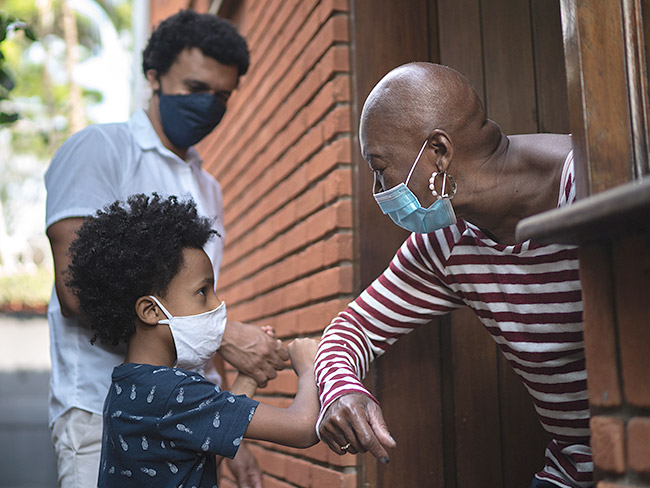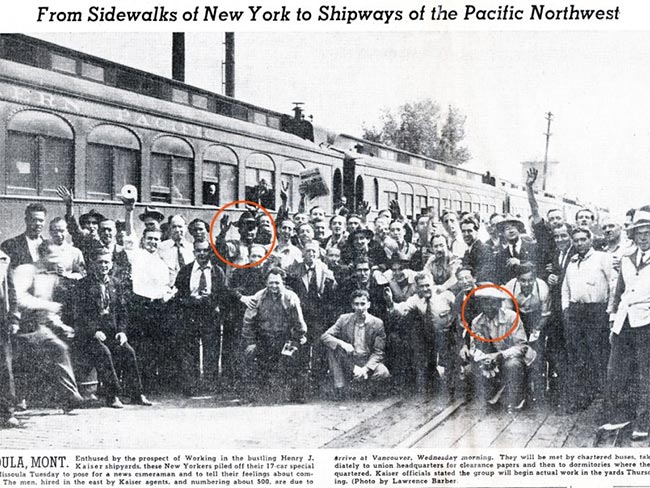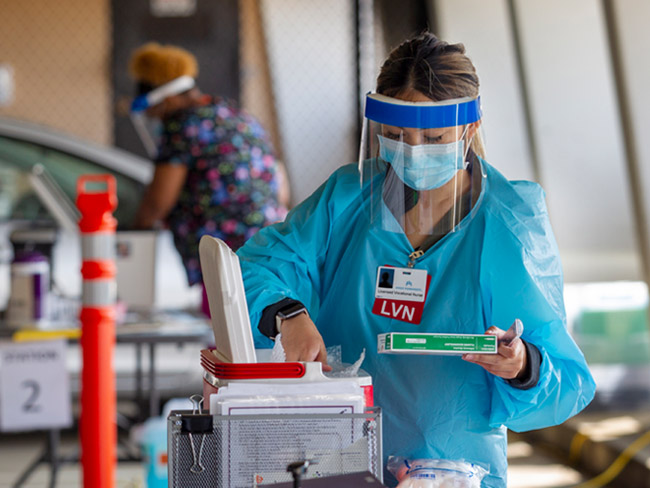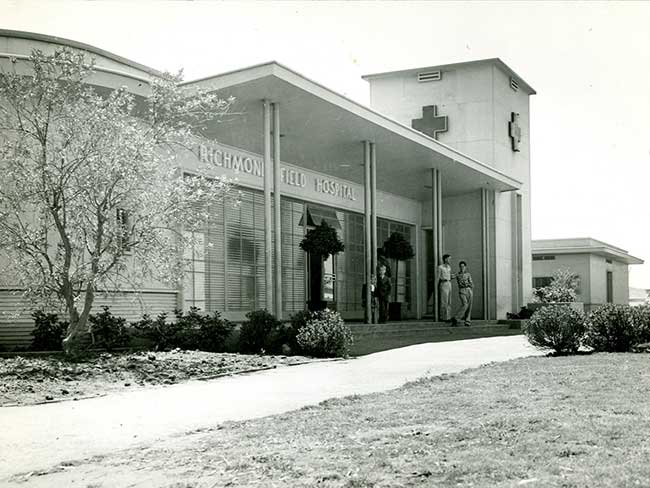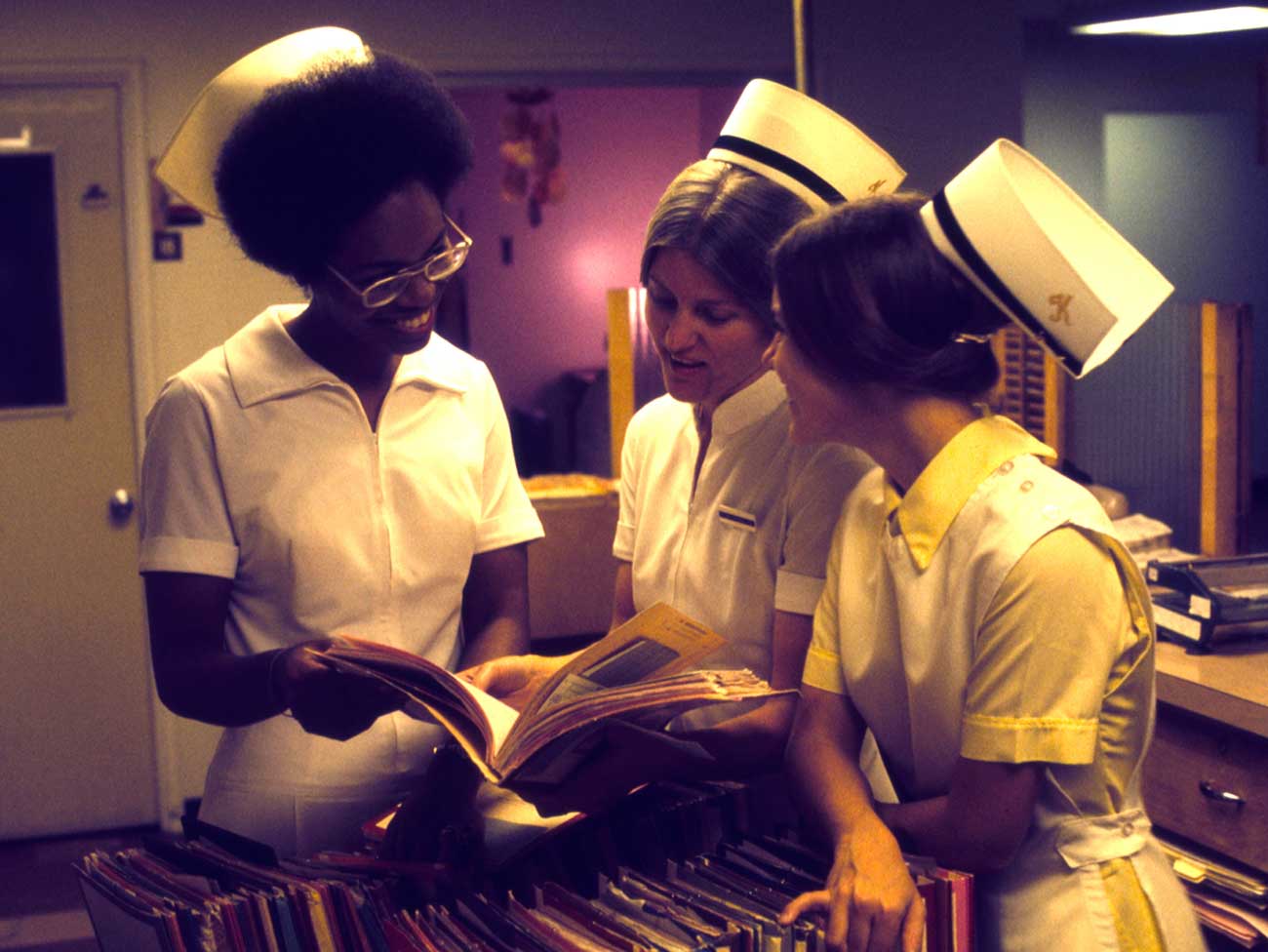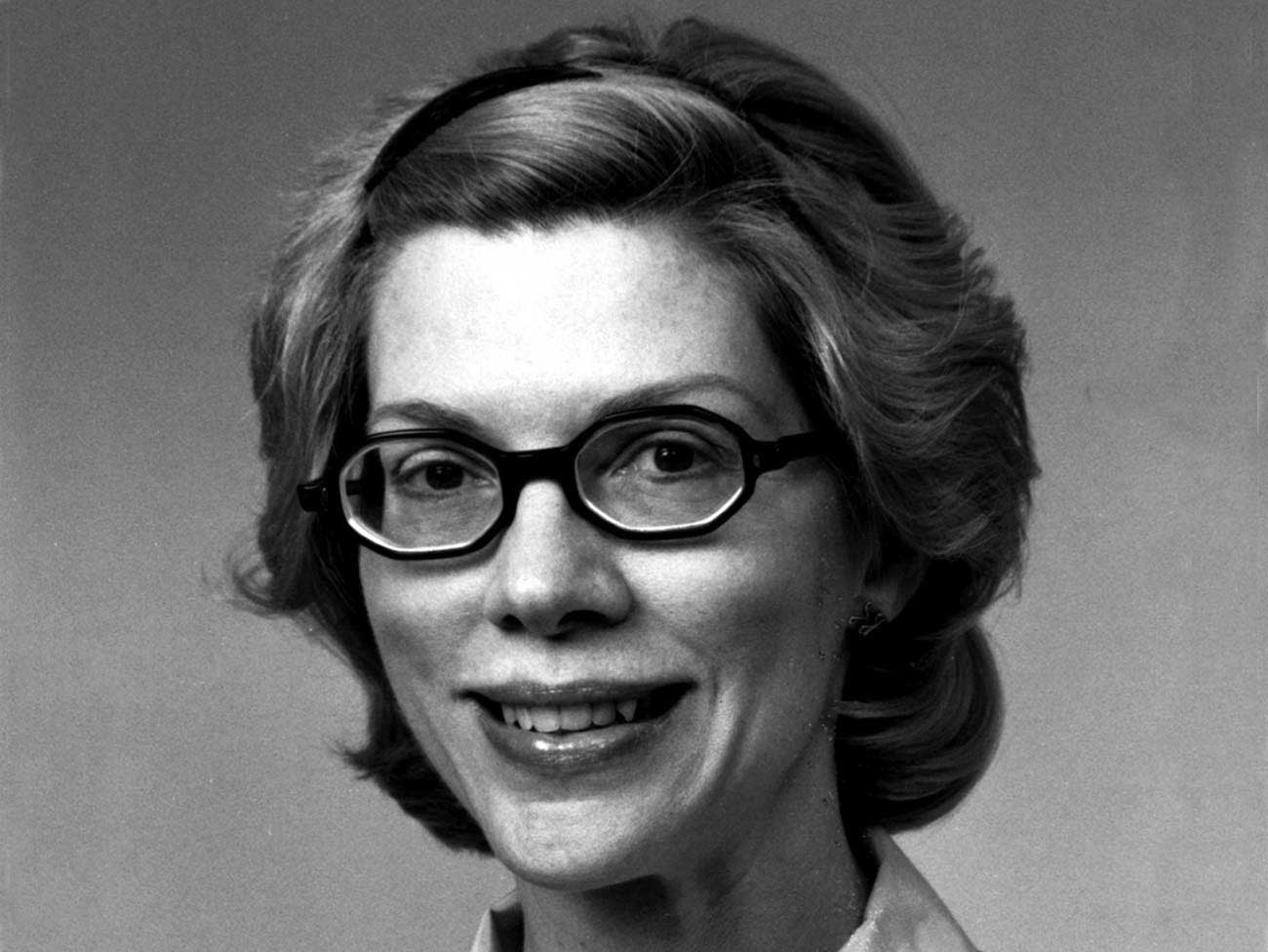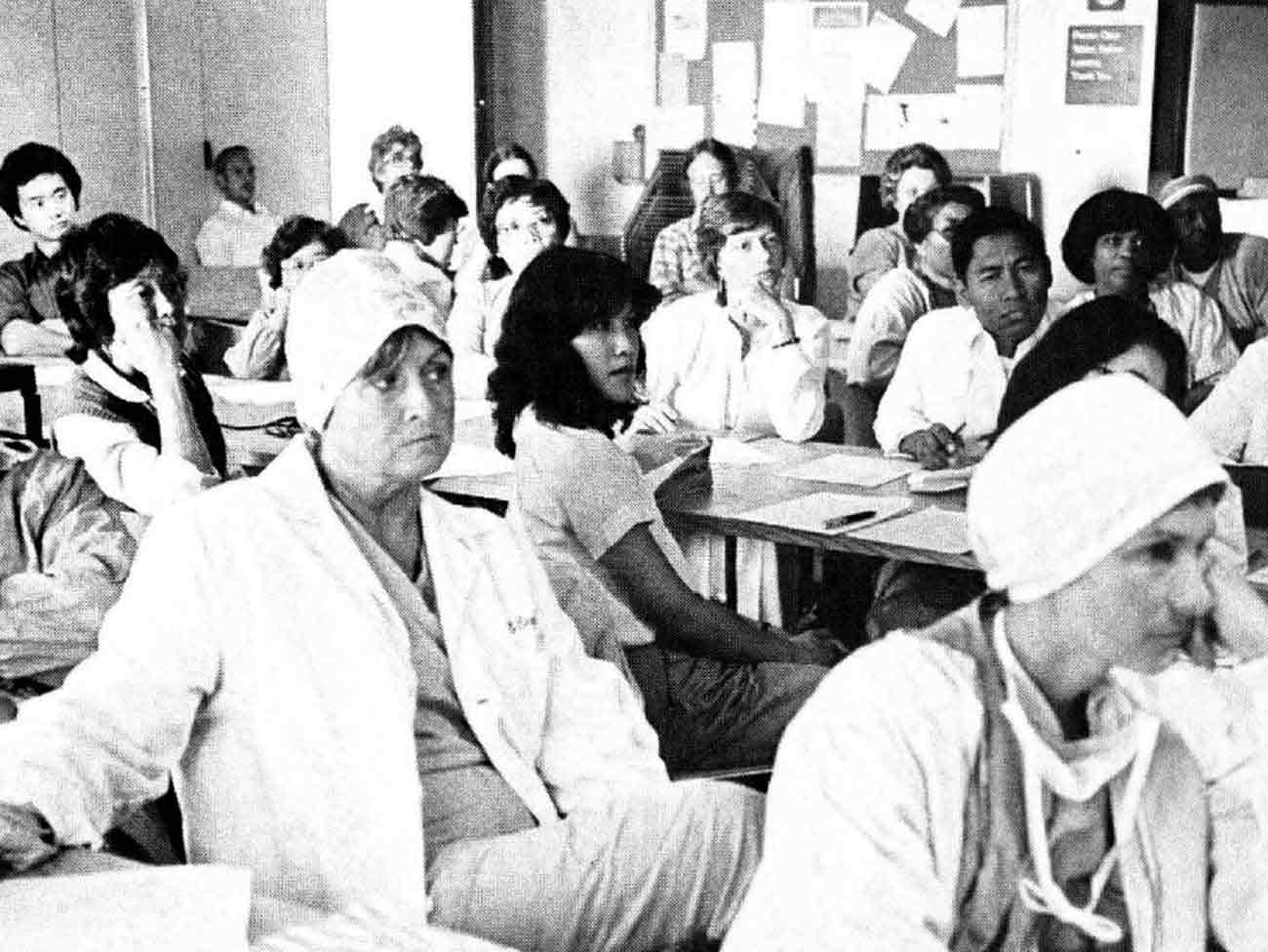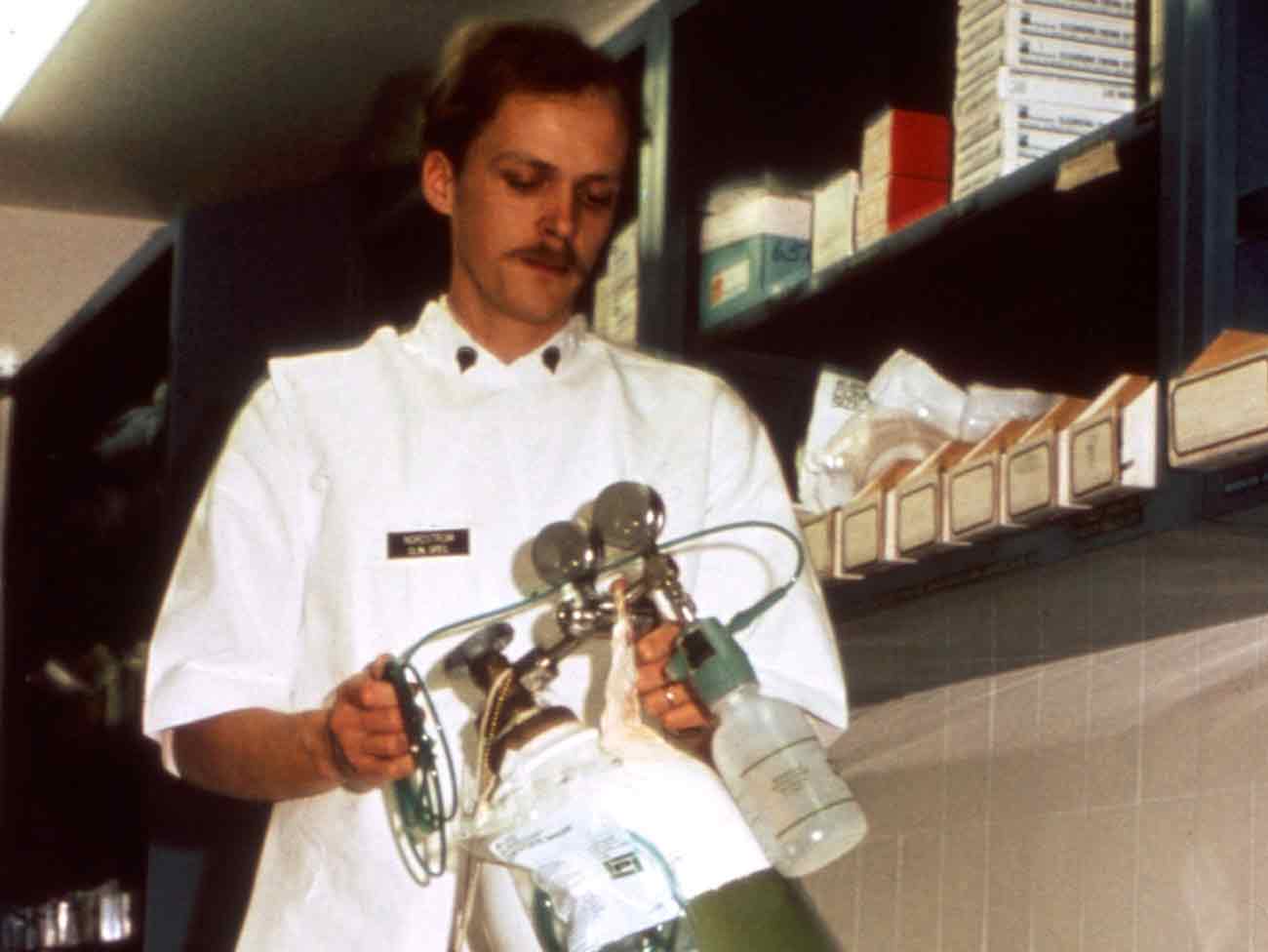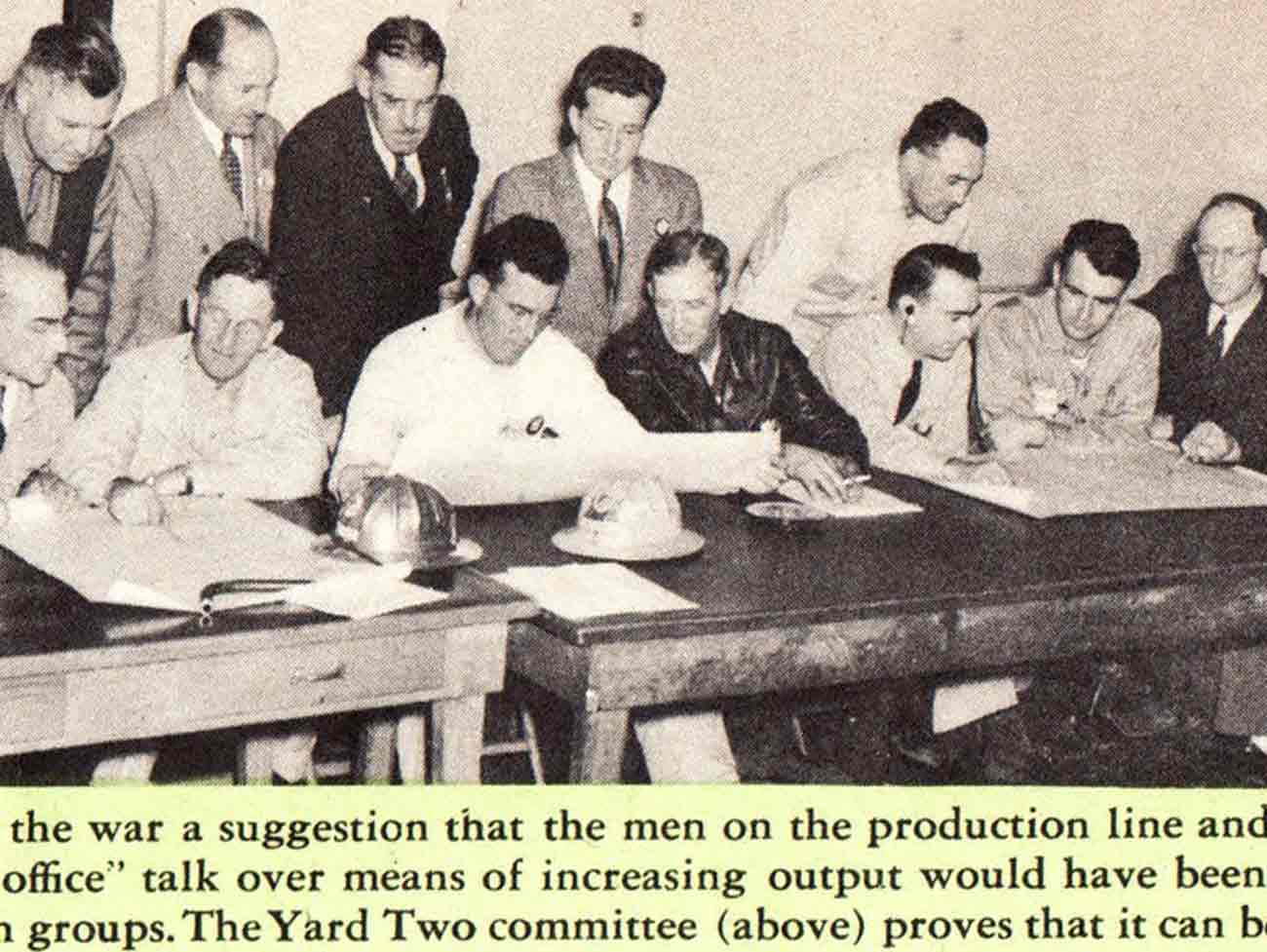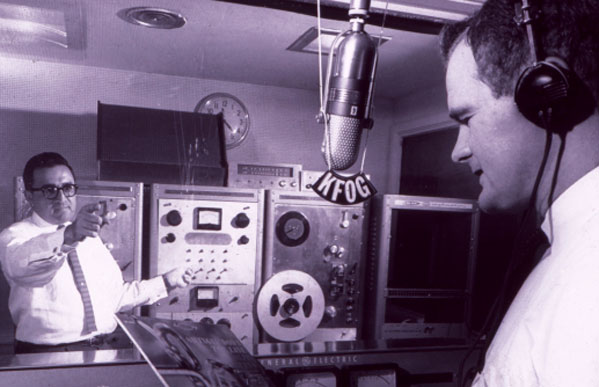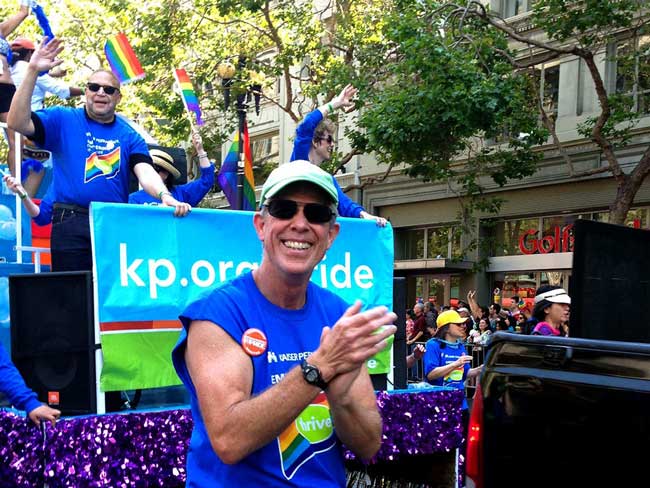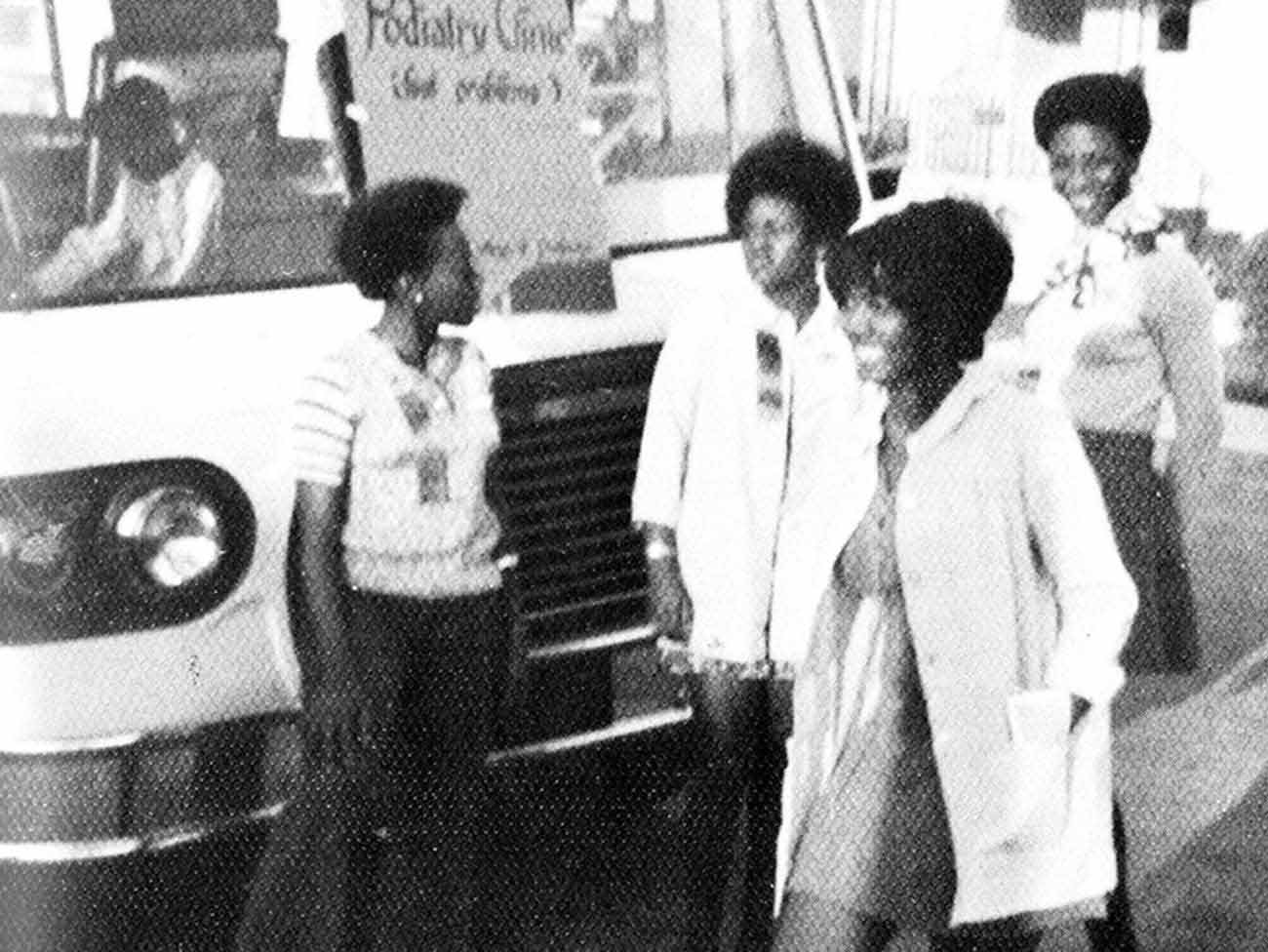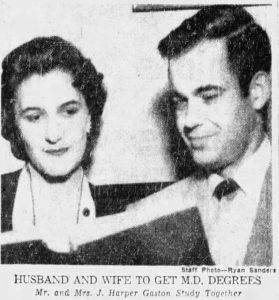Beloved nurse earned place in Kaiser Permanente history
Jessie Cunningham, the first Black nursing supervisor at Oakland Medical Center, served as a mentor, pioneer, and friend to anyone in need.
Jessie Head Cunningham as a student at Kaiser Foundation School of Nursing, 1954.
In an era when registered nurses wore starched white frocks, stylized caps indicating their alma mater, white stockings, and nun-like white shoes, young Jessie Head (later Cunningham) dreamed of joining the ranks of those she so admired.
Born in 1930 in Ruston, Louisiana, Jessie moved with her African American family to Oakland, California, when she was four. By the age of 7, she had set her mind to pursue a career as a professional nurse.
Against all odds, in 1951 she succeeded in her quest to enter the then mostly white world of nursing and to forge a highly successful 40-year career as a Kaiser Permanente nurse and nursing supervisor and a tireless community health advocate with the Bay Area Black Nurses Association.
Friends of Jessie Head Cunningham, also known as Mrs. C, Mrs. Ham, and Jessie Bea, gathered recently to celebrate her rich life. She died on New Year’s Eve 2013 at the age of 83.
Career delayed by racial discrimination
As Jessie prepared to graduate from Oakland Technical High School in 1948 (famed actor-director Clint Eastwood was in her class), her career counselor told her she should pick another occupation because “coloreds” didn’t go into nursing.
Undaunted, Jessie set out to get her nursing education. She applied to several schools that rejected her, but she didn’t give up. Biding her time, she enrolled in classes at San Francisco City College and UC Berkeley and continued to apply to nursing schools.
In 1951, Jessie was accepted to the Kaiser Foundation School of Nursing and became one of the first three African American women to graduate from the school started by industrialist Henry J. Kaiser and his wife Bess in 1947.
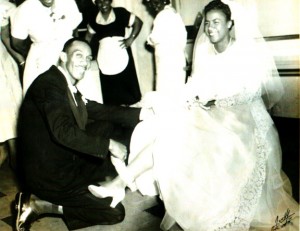
Jessie Head married Robert Cunningham in ceremonies on May 9, 1954. Photo courtesy of the Cunningham family.
A model student and mentor
Jessie was a model student, says Clair Lisker, retired Kaiser Permanente Oakland Medical Center director of nursing and long-time member of the Kaiser Foundation School of Nursing faculty and management staff.
“In those days we would have meetings at my house to discuss patient care and patient education and all kinds of issues,” Clair recalled recently. “Jessie was a part of that. I remember her asking questions and being totally engaged ... She would always take new students under her wing; she wanted to be sure they got the help they needed.”
Jessie started her in-hospital training at Kaiser Permanente Oakland Medical Center surgery; her friends say she was always proud when the physicians requested her to assist in the operating room.
One Sunday morning, she was surprised to find her picture in the Oakland Tribune along with her colleagues in surgery. She was wearing a mask, but everyone could recognize her by the distinctive mole on her forehead.
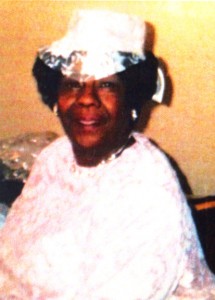
Jessie Cunningham specialized in OB-GYN nursing in her almost 40-year career with Kaiser Permanente in Oakland. Photo courtesy of the Cunningham family.
She graduated in 1954 and Sidney Garfield, MD, founding Kaiser Permanente physician, personally handed Jessie her registered nursing degree during ceremonies in Oakland.
After graduation, Jessie decided to focus on OB-GYN nursing and she continued in that field for the rest of her career. In the 1960s, she was the first Black nurse to be named supervisor at Oakland Medical Center. She served in that role for 22 years until she retired in 1989.
Also in 1954, Jesse married Robert Cunningham. Son Jeffrey was born in 1955 on the couple’s first anniversary; daughter Robbyn was born in 1957. Sadly, Robert died at a young age in 1979.
Making connections with Black colleagues
Dorothy Williams, a nurse anesthetist who started at Kaiser Permanente San Francisco in 1960, met Jessie Cunningham in 1962 when they were both juggling career and family. Coincidentally, Jessie was the nurse assisting when Dorothy gave birth to her second child in Oakland.
Dorothy, originally from Detroit, transferred to Oakland Kaiser Permanente in 1962, and although the two women didn’t work together directly they cemented their friendship. Both earned their bachelor’s degrees in health and nursing administration from Golden Gate University in the early 1980s.
Both were Kaiser Permanente nurses who had found a place where they were valued as professionals despite their race. At the time, opportunities for Black nurses were still limited.
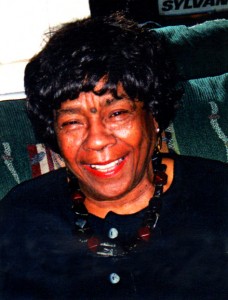
Jessie Cunningham, first Black nursing supervisor at Kaiser Permanente Oakland Medical Center and early member of the Bay Area Black Nurses Association. Photo courtesy of the Cunningham family.
So when they heard about the Bay Area Black Nurses Association forming in San Francisco in the late 1960s, they saw an opportunity to help other Black women make their way in the profession and ultimately to improve the health condition of the Black community.
Jessie and Dorothy dove into the Black Nurses Association’s activities and traveled to many cities across the country attending national conferences after the National Black Nurses Association was founded in 1971. Jessie served two terms each as vice president and treasurer for the Bay Area chapter.
In the local community, they set up health fairs and screening clinics that targeted health problems that especially affected African Americans. Over the years, they were instrumental in conducting community events screening for diabetes, high blood pressure, and heart disease and helping people quit smoking.
Black nurses association community programs also took aim against social problems such as domestic violence, child physical and sexual abuse, and illiteracy.
‘Do it right’
Jessie was a stickler for professionalism. “She always said: ‘If you going to do it, do it right,’” Dorothy Williams recalled. “She believed nurses should be up on their medical knowledge and follow proper procedures.”
Jessie was adamant about the use of the English language. “She detested it when someone spoke (improper) English ... She would correct people when they mispronounced a word or used incorrect grammar,” Dorothy said.
Friends and colleagues teased Jessie about her strictness with the language. They said she missed her calling and should have been an English teacher.
Williams says Jessie was someone who would always be available to anyone in need. “If you went to Jessie for help, she wouldn’t let you go until your need was taken care of,” she said in a recent interview.
“Jessie was a good person to know. If she was a friend, she was always a friend. She was outspoken ... she would tell you what she thought, and she would give you advice — in a loving way. But she never deserted her friends, no matter what.”


